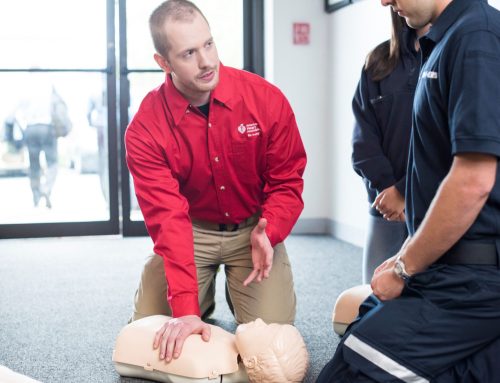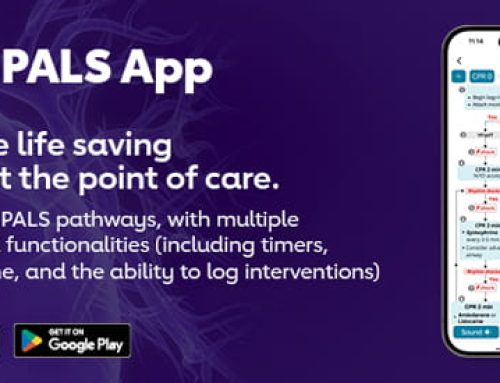In this article, we explore Arterial Health Markers Linked to Behavioral and Cognitive Outcomes in School-Aged Children
As part of the larger Generation R population-based prospective cohort study, this study looked at how blood pressure, carotid intima media thickness, and carotid distensibility at 10 years old were linked to cognitive and behavioral results in 13-year-olds.
In this study, no links were found between adolescent blood pressure, carotid intima media thickness, and carotid distensibility with mental health results.
Steps and Results
This study was part of the Dutch Generation R Study, which is a population-based prospective cohort study that starts when a baby is still a fetus and goes on for life. At age 10, blood pressure, the width of the carotid intima media, and the ability of the carotid to stretch were all checked. The parent-reported Child Behavior Checklist (CBCL/6–18) was used to measure total, internalizing, and externalizing problems as well as attention-deficit hyperactivity disorder symptoms in 13-year-olds. The Social Responsiveness Scale was used to measure autistic traits, and the Wechsler Intelligence Scale for Children—Fifth Edition was used to measure IQ. It was found that people with higher mean artery pressure (OR = 0.92; 95% CI = 0.85–0.99) were less likely to have internalizing problems. After multiple testing was taken into account, however, this association was no longer important. At age 13, there was no link between the thickness of the artery intima media and its ability to expand and contract.
As people grow and age, their blood vessels go through many changes that affect their shape and how they work. As people get older, their arteries get stiffer, which raises their systolic blood pressure and starts a process that speeds up the buildup of atherosclerosis and thickening of the artery wall’s intima media. These changes in the structure and function of arteries hurt the flow of blood to the brain, the remodeling of microvascular walls, and the supply of oxygen. High blood pressure in people is linked to cognitive problems. This could be because it affects the blood flow inside the brain, causing white matter damage. A higher carotid intima media thickness (cIMT) level is linked to a higher chance of cognitive impairment. cIMT is a sign of atherosclerosis and poor arterial health. In teens and young adults, arterial tightness seems to happen before high blood pressure and hypertension. So, the links between healthy arteries and mental health and cognitive results may have started when the person was a child. A study that looked at the link between high blood pressure and cognitive ability in kids and teens found that kids with high blood pressure did worse on cognitive tests than kids with normal blood pressure. Also, having high blood pressure as a child or young adult is linked to a faster loss of brain function in middle age. This suggests that the long-term effects happen from childhood to adulthood. Previous findings from the Generation R Study showed that having higher diastolic blood pressure in the normal range was linked to lower nonverbal IQ at 6 years old. According to the results of a previous study that looked at 32 children with high blood pressure and 32 healthy controls, high blood pressure in kids is linked to lower cognitive skills and higher risks of having higher levels of internalizing problems, ADHD, depression, and anxiety. Researchers have also found links between cIMT and a child’s chance of ADHD and depression in the past.
To learn more about Arterial Health Markers Linked to Behavioral and Cognitive Outcomes in School-Aged Children, read This comprehensive article in the AHA Journal website!







Leave A Comment